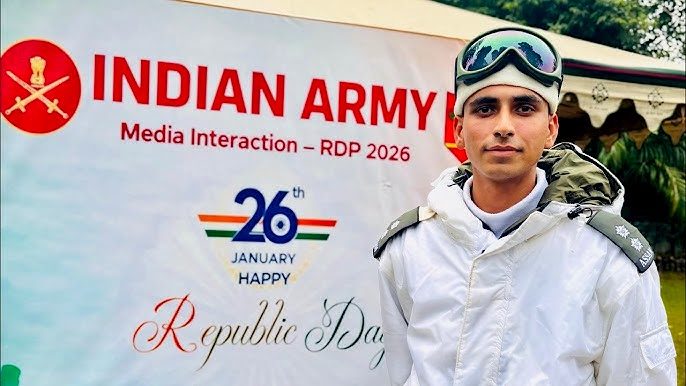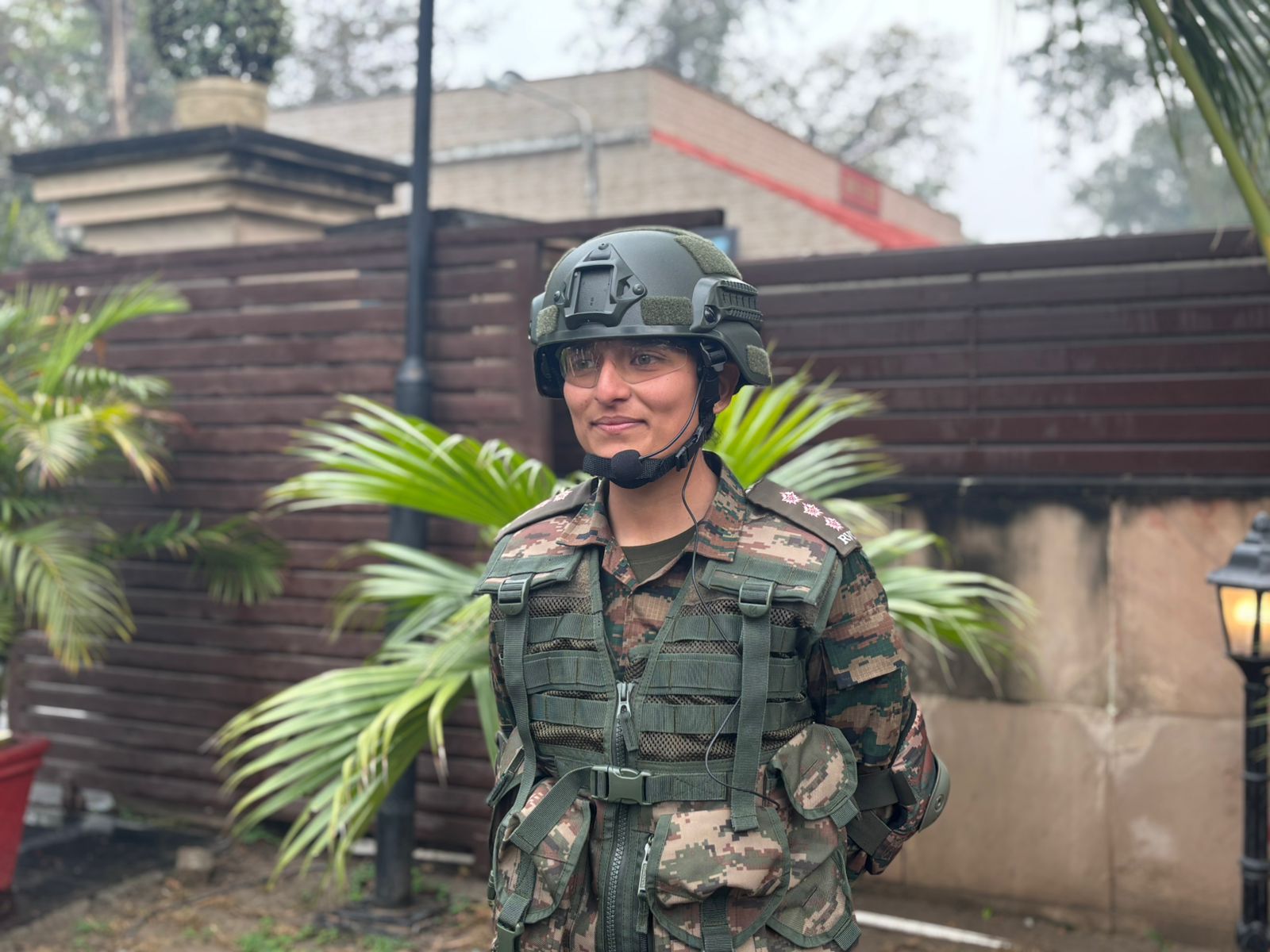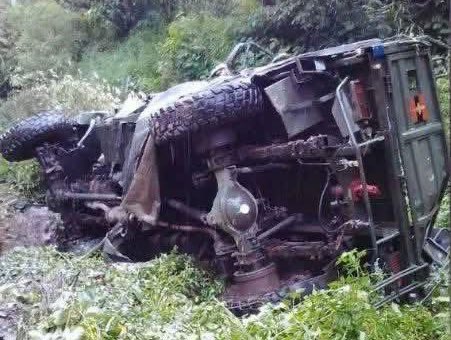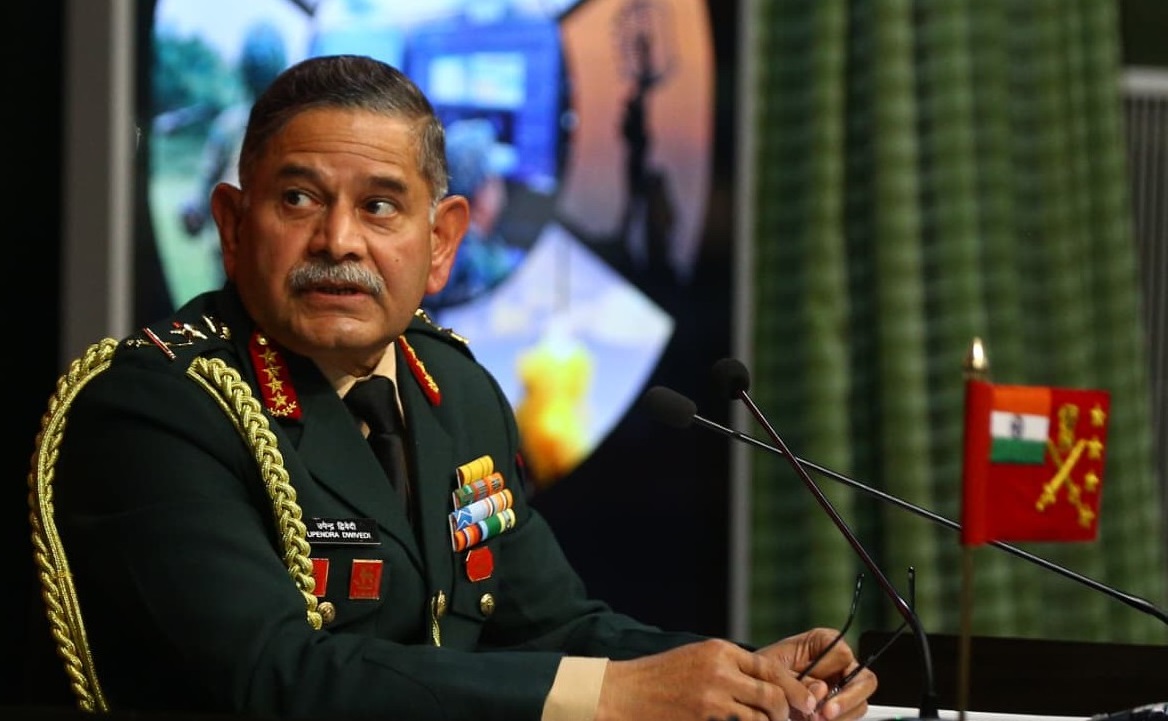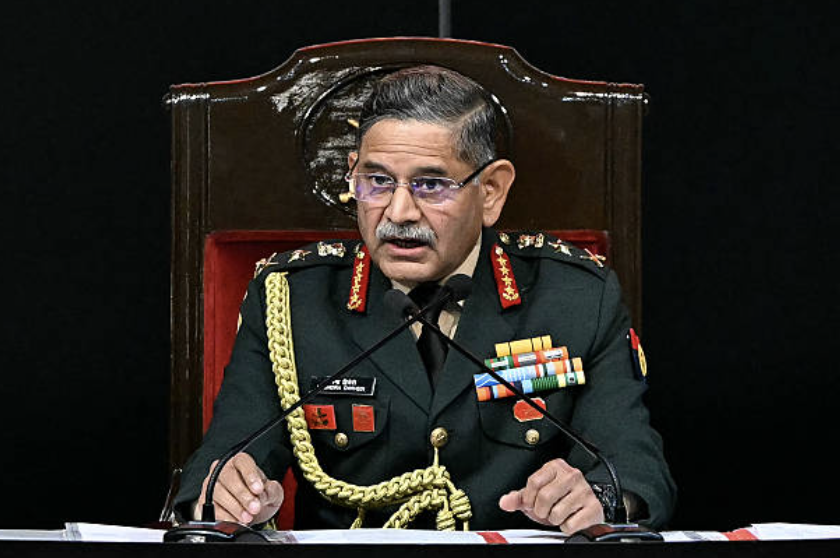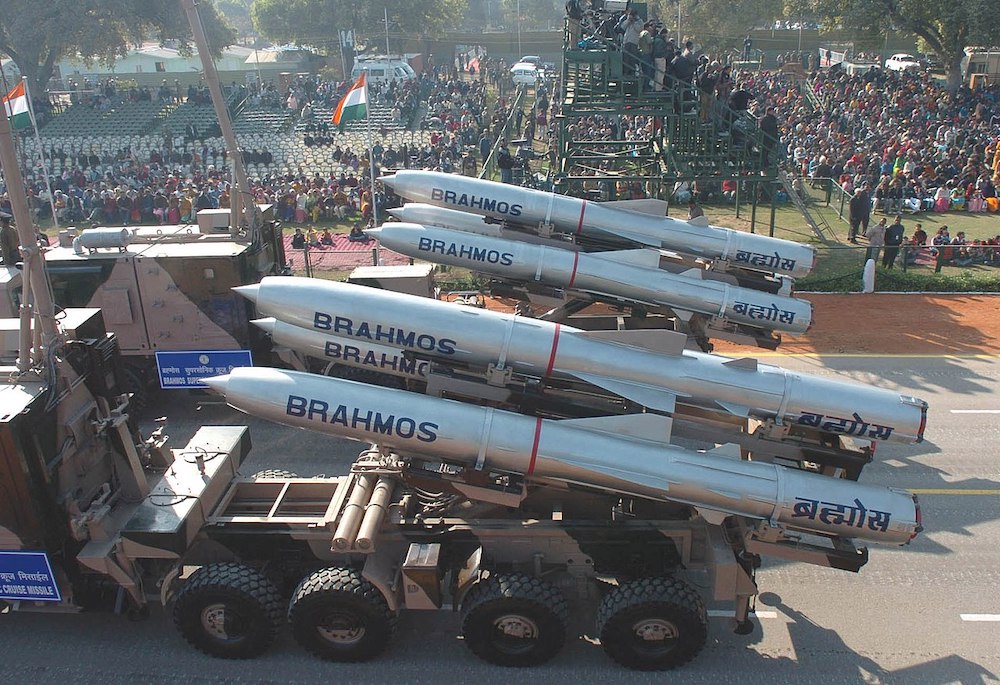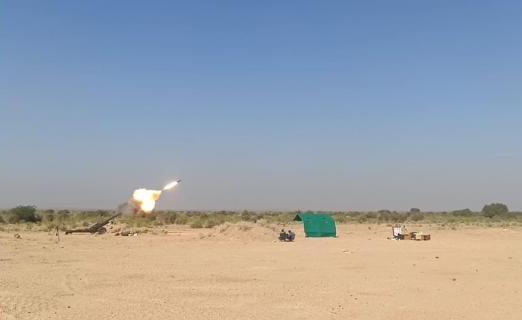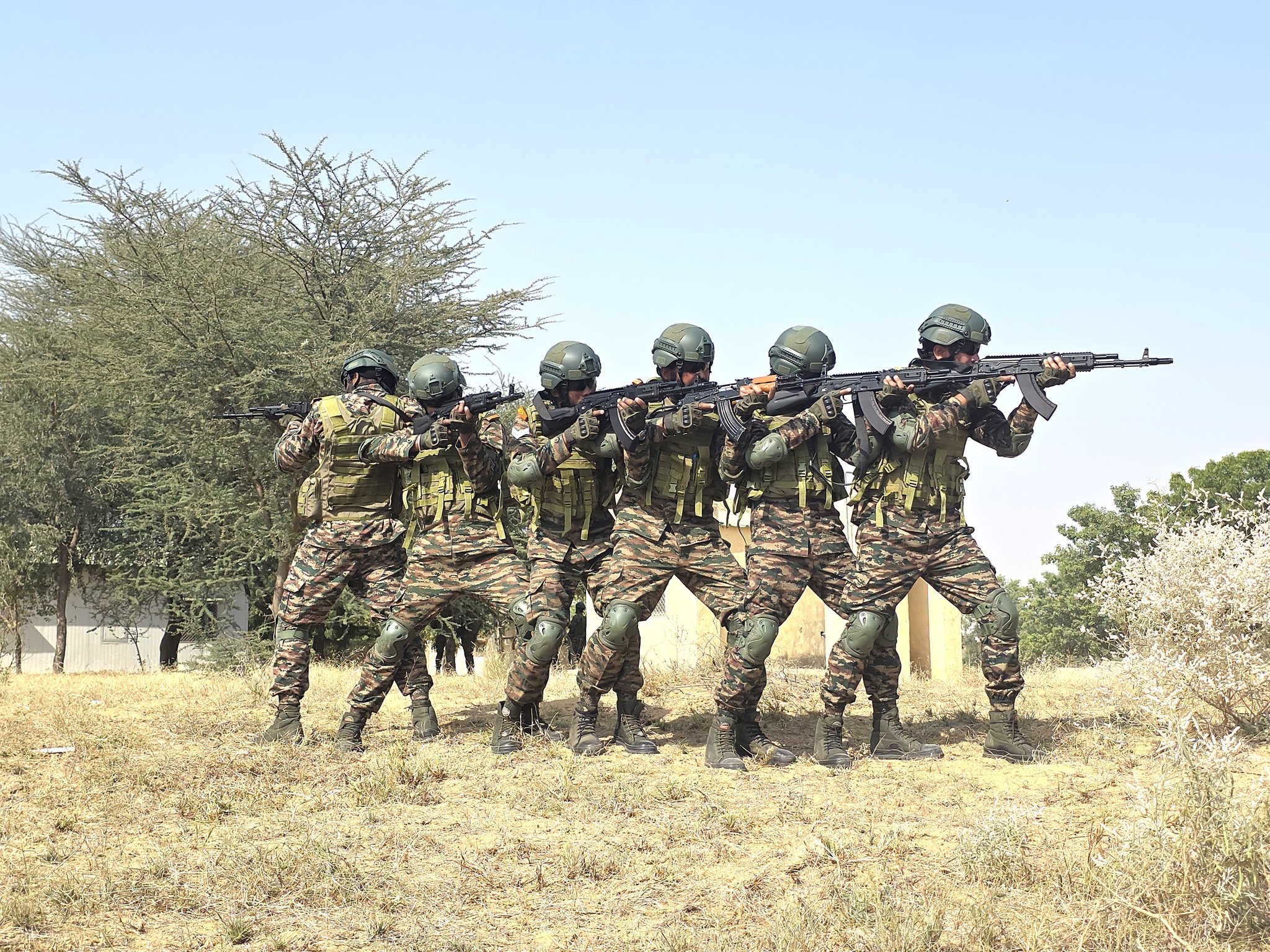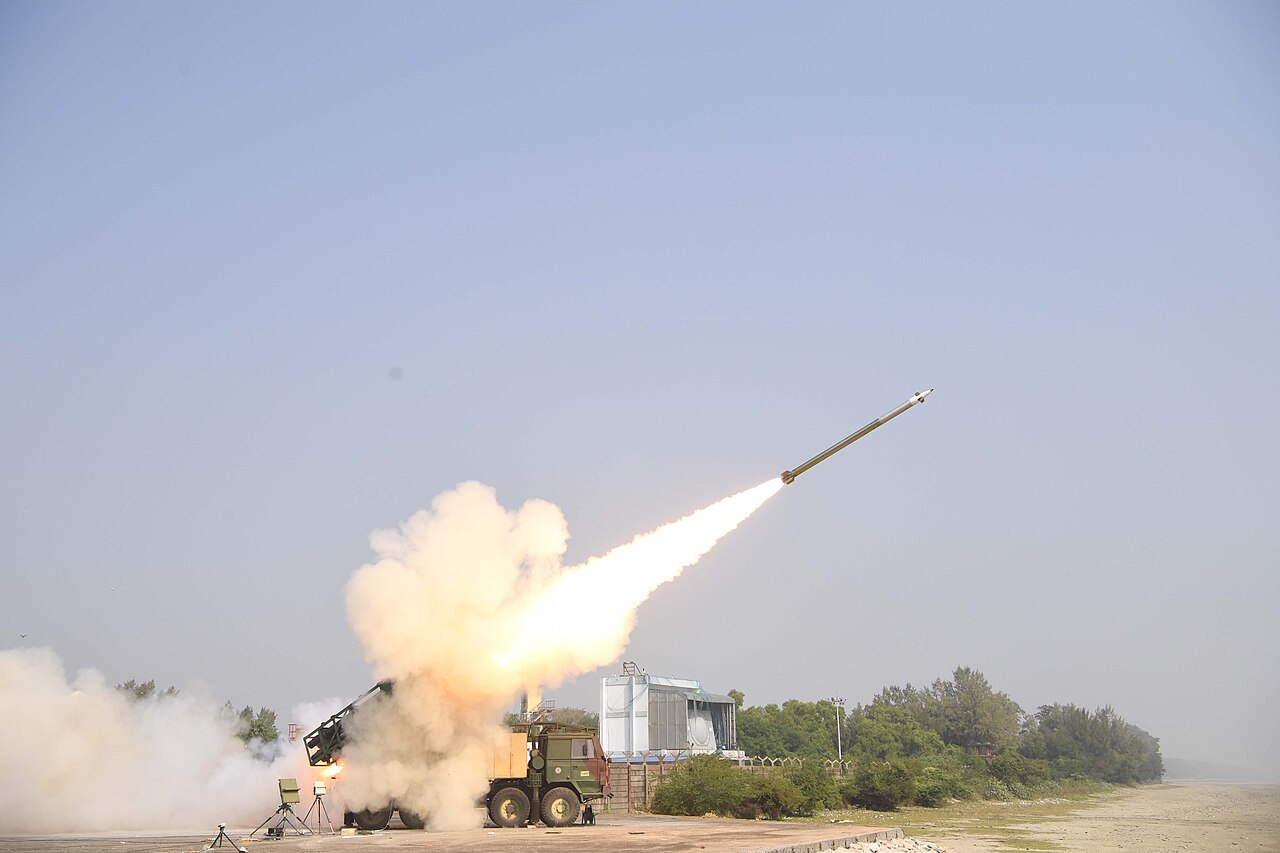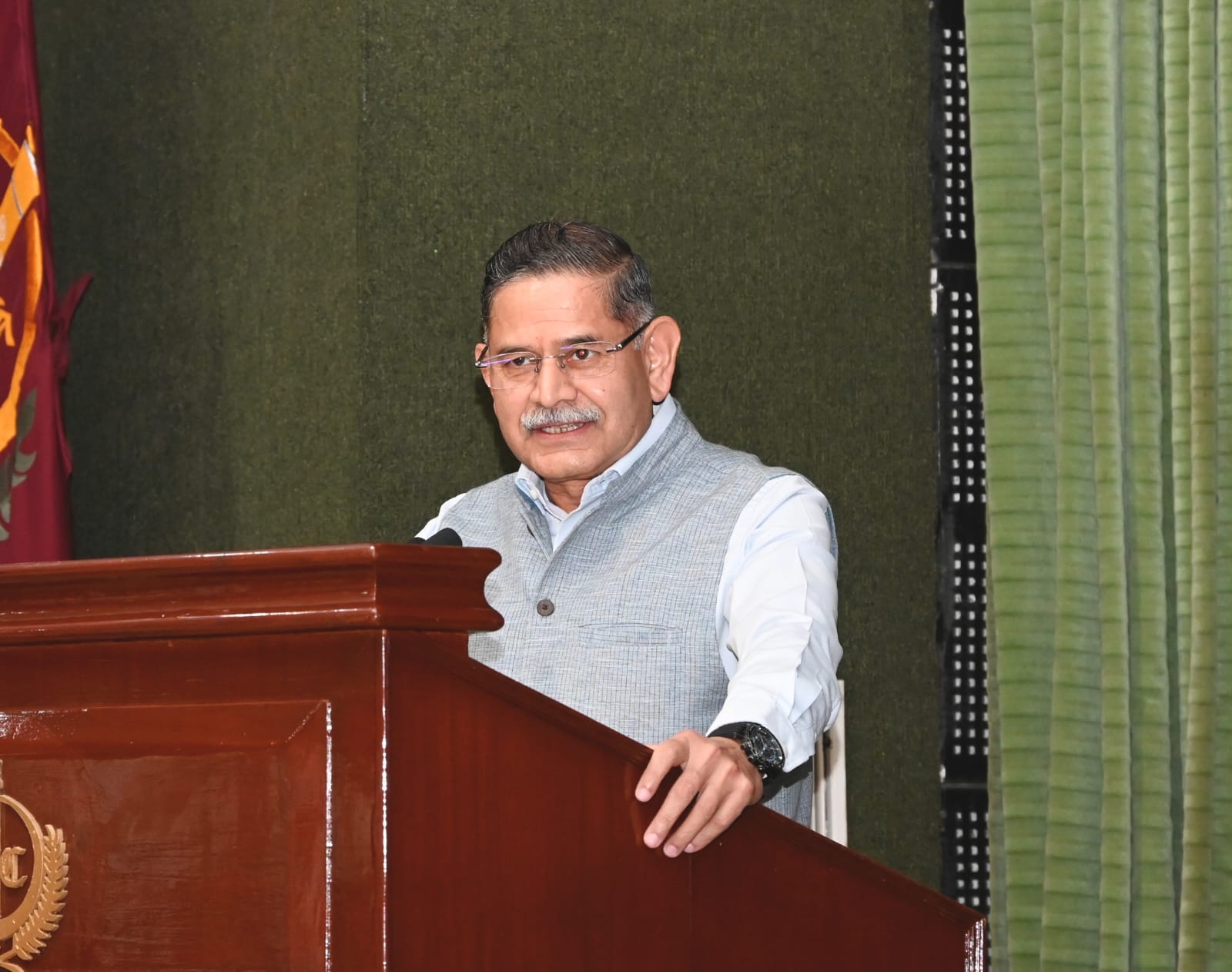 Army chief Gen Upendra Dwivedi at the launch of the book "Operation Sindoor: The Untold Story" (Photo: Indian Army)
Army chief Gen Upendra Dwivedi at the launch of the book "Operation Sindoor: The Untold Story" (Photo: Indian Army)
New Delhi: Amid dissonance on the formation of theater commands, the most ambitious reform in India's defence structure since independence, Indian Army chief General Upendra Dwivedi extended support to the chief of defence staff (CDS) General Anil Chauhan’s push for the creation of integrated theater commands – a move that puts him at odds with his Indian Air Force counterpart.
He was speaking on the margins of the launch of the book “Operation Sindoor: The Untold Story” by Srinagar-based XV Corps former commander Lt Gen KJS Dhillon (retired), on Friday.
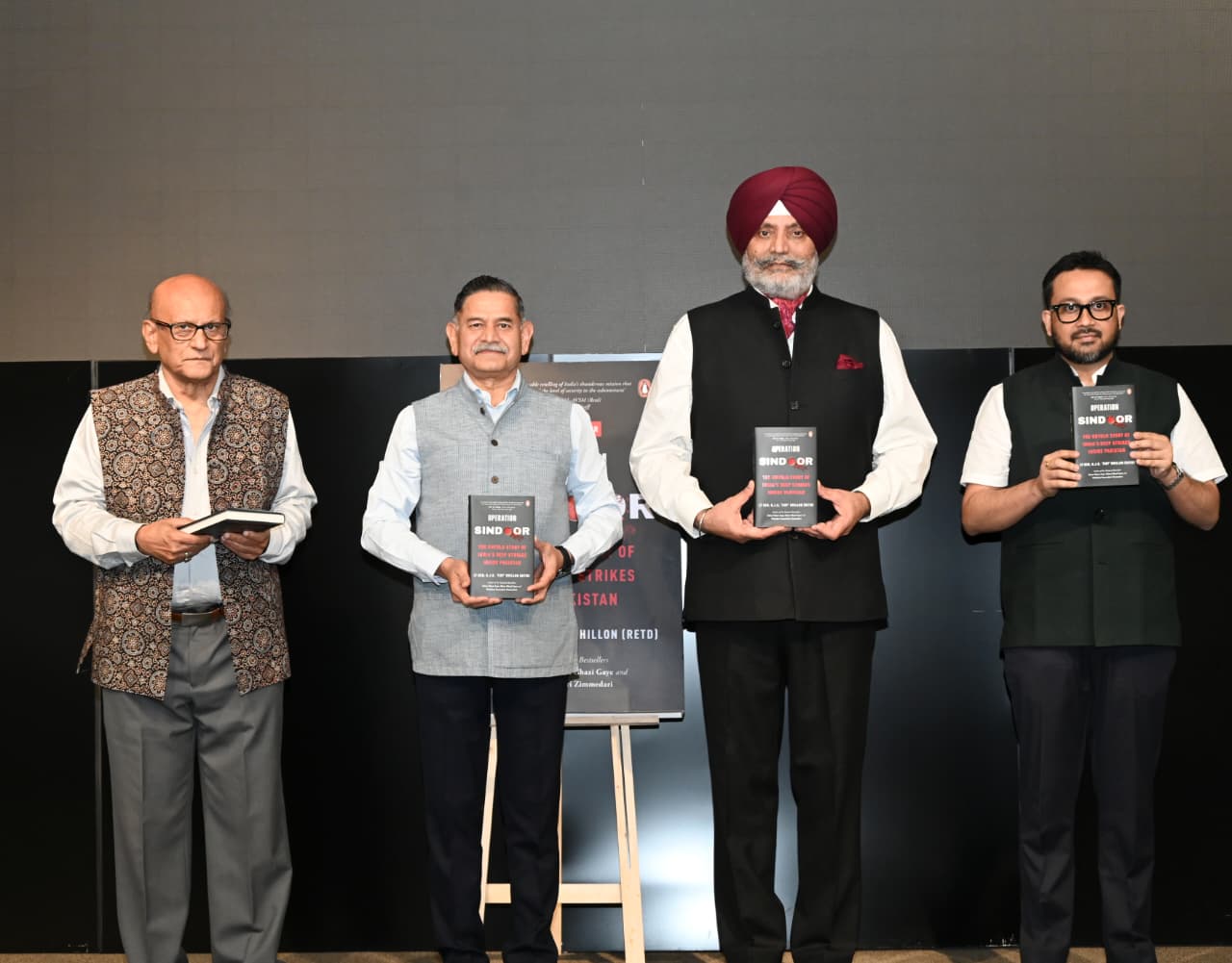
“Theaterization will happen sooner or later; we just need to determine the timeline. We must carefully consider the concept of theaterization," Gen Dwivedi told reporters at Manekshaw centre in Delhi.
Highlighting its importance, the Army chief stated: “When we fight a war, the Army does not fight alone."
He pointed out that securing the nation’s borders involves not just the Army but also forces like the Border Security Force (BSF) and the Indo-Tibetan Border Police (ITBP) among others.
Additionally, the Navy, Air Force, cyber and space agencies, intelligence organizations, ISRO, civil defence bodies, and state administrations also play vital roles.
“That’s why theaterization is crucial, as unity of command is very important.”
His support is being seen as a crucial step in overcoming institutional resistance and building consensus among the armed forces.
On August 27, Indian Navy chief Admiral Dinesh K Tripathi had also extended support to Gen Chauhan and said that the Indian Navy is committed to integrating its command and control, communications, and combat capabilities with the Army and Air Force to align with the theaterization goal.
However, the Indian Air Force chief Air Chief Marshal Amar Preet Singh had expressed reservations and had cautioned cautioned against a “copy-paste” approach from foreign models like China and the United States of America, as India Sentinels had reported earlier.
“We can’t have theatre commanders sitting somewhere else and getting directions on the phone – really it doesn’t work,” he said, advocating instead for a centralized joint planning and operations centre in Delhi under the chief of defence staff.
ACM AP Singh had emphasized that any new military structure must avoid creating additional bureaucratic layers whilst preserving the core competencies of each service branch.
The concept of theaterization, which involves creating integrated theatre commands for better synergy among the Army, Navy, and Air Force, has been under consideration in India for years. The proposed theater commands aims to reorganize India’s armed forces into unified commands based on geographical threats and operational roles.
It gained momentum after the Kargil Review Committee recommended for greater jointness in operations. The Kargil Review Committee was set up soon after the conclusion of Kargil conflict with Pakistan in 1999.
Mandate of CDS
CDS has to ensure “jointness” of the armed forces – Army, Navy and Air Force in operations, logistics, transport, training, support services, communications, repairs and maintenance and the top priority is the reorganization of the three services geography-centric integrated theatre commands.
Lack of consensus among the three services has been one of the major reasons for delay in its formation.

